Chick peas are very beneficial but many of us don’t know how to eat chickpeas. Eating chickpeas in the morning on an empty stomach has many benefits. They are a very good source of protein and are also very effective for those who are trying to lose weight because they are low in calories. Chick peas are a good way to replenish weak muscles with energy. They are packed with many nutrients, including iron and phosphorus, which can also increase hemoglobin levels.
Sprouted chickpeas are more nutritious than raw chickpeas. To sprout chickpeas, they should be soaked for some time. Since sprouted chickpeas have more nutrients than raw chickpeas, they are now available in market restaurants. You can eat sprouted chickpeas along with raw chickpeas to get more nutrients and vitamins.
Table of Contents
Chick Peas
Chickpeas are very beneficial and effective for health. Eating soaked chickpeas on an empty stomach in the morning increases energy in the body. Chickpeas also relieve many diseases. Especially during summer, wet chickpeas should be eaten only after sprouting because they keep the body fresh even in hot weather.
Nutrition of Chickpeas
Just one cup of chickpeas contains 10 to 15 grams of protein, 9 to 12 grams of dietary fiber, and 34 to 45 grams of carbohydrates. So, eat them in moderation. Chickpeas also contain calcium, phosphate, and magnesium, which are essential for the body.
Health Benefits of Chickpeas
Chickpeas are a protein-rich food, known as second-class protein or vegetable protein.
Chickpeas are rich in fiber and antioxidants, which improve digestion. They reduce constipation and help remove harmful toxins from the body. Dietary fiber is essential for digestion, and its deficiency is a significant problem worldwide. Chickpeas are an excellent food to address that dietary fiber deficiency.
Chickpeas are high in soluble dietary fiber called ‘raffinose,’ which breaks down food in the stomach at a slower rate. Only healthy bacteria can break down raffinose. Chickpeas ease bowel movements and help regularize them.
Regular consumption of chickpeas keeps blood pressure under control. Chickpeas are rich in iron, which prevents anemia by increasing the production of red blood cells in the body.
Chickpeas have a low glycemic index, meaning they raise blood sugar levels slowly. Chickpea fiber helps control glucose levels in the blood, making them suitable for diabetic patients.
People with high cholesterol are advised to eat less fish and meat. If they meet their protein needs from chickpeas, their cholesterol levels will also be under control. Controlling cholesterol is crucial for staying healthy, as high cholesterol can cause many incurable and fatal diseases, including heart disease, obesity, and stroke. The soluble dietary fiber in chickpeas plays an important role here as well. Dietary fiber maintains good intestinal health, which in turn lowers cholesterol.
Chickpeas are low-calorie foods. They help in weight control, and being rich in fiber, they can keep the stomach full for a long time. Chickpeas are rich in protein and fiber, which play a vital role in keeping the stomach full and preventing hunger for long periods. As a result, weight can be reduced quickly.
Chickpeas are rich in vitamins and benefit the skin and hair. They brighten the skin and enhance hair shine.
The antioxidants and various chemical components in chickpeas prevent the growth of various cancers and tumors. Our body is a wonderful creation. It can fight germs, create new human organs in the womb, protect us from various harmful substances in the environment, and more.
Consuming chickpeas and other nutritious foods regularly supports these processes. Chickpeas produce a fatty acid called ‘butyrate’ in the stomach, which experts say suppresses diseased and dying cells, protecting healthy cells. This is how chickpeas suppress ‘colorectal cancer.’
The dietary fiber, magnesium, and calcium in chickpeas maintain good bone health and make them strong.
Other Benefits:
- Increases sexual power.
- Increases the working power of the body.
- Acts as an anthelmintic.
- Helps to relieve back pain.
- Increases the immune system of the body.
- The vitamin B present in chickpeas works against beriberi disease, brain disease, and heart weakness.
- Reduces inflammation, thereby reducing the risk of chronic diseases. It’s good to know that diseases like arthritis start from inflammation.
- Chickpeas help keep the brain strong by reducing stress.
How to Eat Chickpeas
The nutritional value of food depends on how it is cooked or served. The way we cook chickpeas with oil and spices is not healthy. Chickpeas are full of nutrients when eaten raw or cooked simply.
Chickpeas must be soaked before eating. It is harmful to health if they are boiled quickly without soaking. Chickpeas should be soaked overnight or for at least 6 hours. This removes chemicals and germs from the chickpeas.
Chickpeas can be eaten in various ways and offer many benefits. They can be eaten with jaggery and honey. However, one must emphasize eating chickpea sprouts. Do not leave chickpeas for too long after sprouting. Eat them as soon as possible to get the best nutritional value.
Instead of roasting chickpeas and destroying their nutritional value, boil them and mix them with tomatoes, cucumbers, chives, and a little olive oil or mustard oil for a healthier option. You can also mix sour yogurt with chickpeas and eat them in different salads.
How Much Should You Eat?
Excess consumption of any food is not good for the body. A healthy person can eat 25-30 grams of chickpeas per day. People suffering from various diseases should consult a doctor or nutritionist to determine how much chickpeas they can eat.
Eating too many chickpeas can cause some problems, so eat them in moderation to get the best benefits. Be sure to consult an Ayurvedic practitioner to determine how much is right for you, as everyone’s consumption of chickpeas varies according to age and health.
Precautions
Chickpeas may pose a danger to kidney patients. Chickpeas are rich in potassium, which is harmful to people with kidney problems. This prevents the kidneys from filtering excess potassium from the blood, increasing kidney problems. Kidney patients should avoid eating chickpeas.
Eating chickpeas can also cause gastric and flatulence problems.
Medications for heart disease usually contain beta-blockers, which naturally increase potassium levels in the blood. Eating chickpeas or potassium-rich food can raise these levels further, causing danger. Therefore, those with heart disease should avoid eating chickpeas.
Chickpeas should not be eaten if you have stomach aches. Care should be taken while using chickpeas because raw chickpeas can cause botulism.
Eating too many chickpeas is not good for your health and can cause problems.
Chickpeas contain oligosaccharides and are also high in sugar. Therefore, many people suffer from bloating and discomfort after eating them.
Since chickpeas are high in purine content, they increase uric acid in the body. So, if a person suffering from arthritis eats chickpeas, their arthritis symptoms may worsen.
Oxalate is excreted from the body through urine, and this oxalate is abundant in chickpeas. Excess oxalates in the body can lead to the formation of kidney stones.
Many people suffer from allergic reactions after consuming chickpeas. Some people experience nausea, vomiting, abdominal pain, and itchy skin. Experts say that if the allergic reaction is severe, one should be careful in consuming chickpeas, as they can sometimes be fatal for allergic patients.
Be Careful
Careful with Boxed Chickpeas: Like all boxed food, boxed chickpeas contain various chemical preservatives. In most cases, they do not cause any physical problems, but the metal box can cause issues. Long-term storage can cause the box to rust, which can mix with the chickpeas inside. That is why boxed chickpeas should be consumed within one year.
Careful of Poisoning: Botulism is a type of food poisoning caused by the bacterium Clostridium botulinum. While the possibility of contracting this bacterium from boxed foods is low, it cannot be ruled out. This bacterium forms if canned food is not stored properly, especially processed foods low in salt and sugar, where oxygen does not reach the food. Boxed chickpeas are low in both salt and sugar, so caution is necessary.
Careful in Summer: Along with the weather, food habits must also change. There are rules to follow for eating sprouted chickpeas in summer. If sprouted chickpeas are not eaten according to those rules, they can be harmful to the body. So, before eating sprouted chickpeas this summer, be mindful of these precautions to get both nutrients and benefits from them.
Bottom Line
Chickpeas are very beneficial and effective for health. Eating soaked chickpeas on an empty stomach in the morning increases energy in the body. Chickpeas also relieve many diseases. Especially during summer, wet chickpeas should be eaten only after sprouting, as they keep the body fresh even in hot weather.

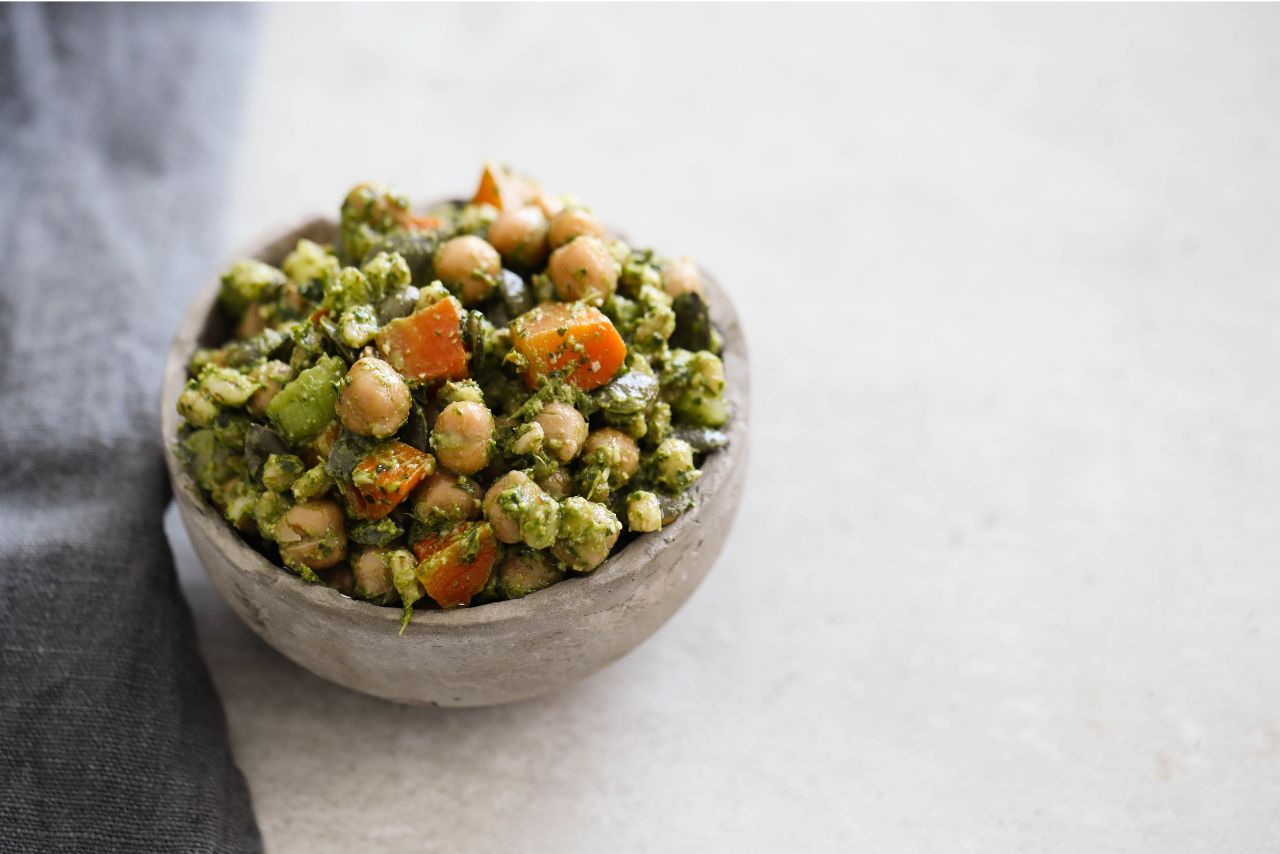
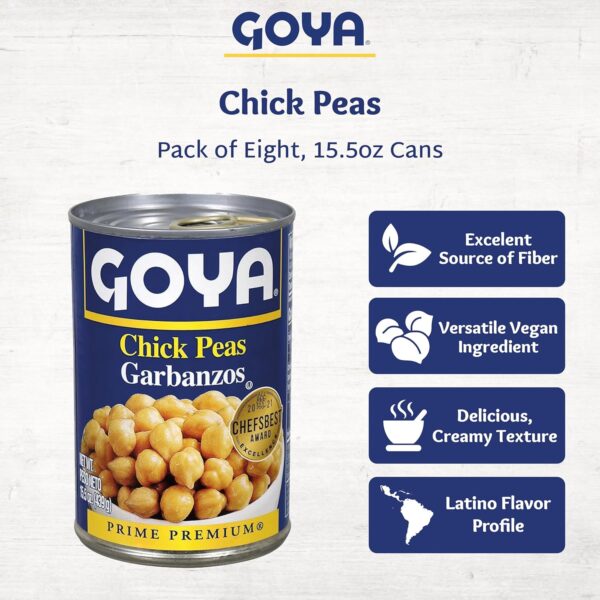
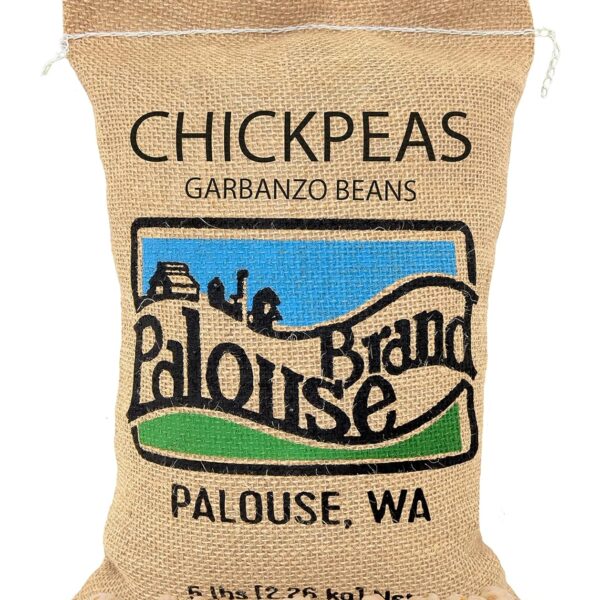
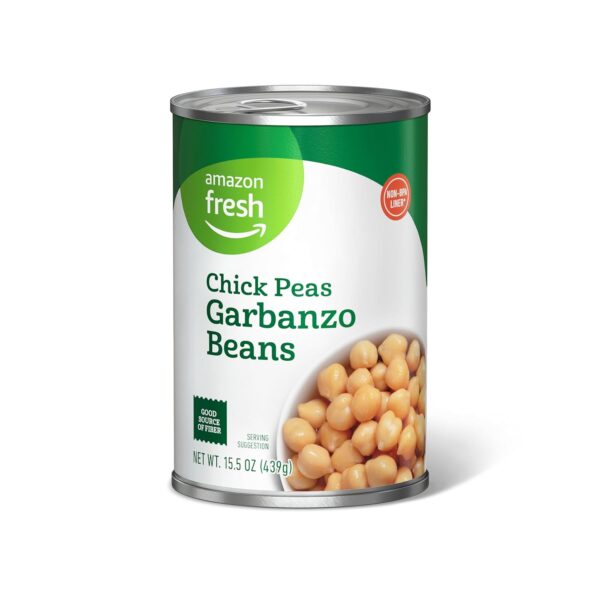

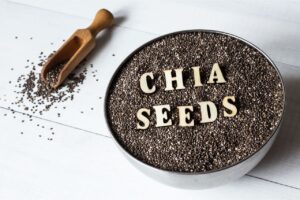

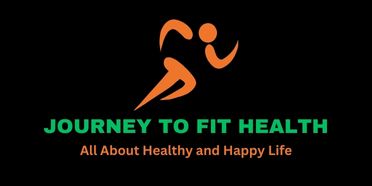
Pingback: Best Foods that Increase Metabolism and Burn Fat